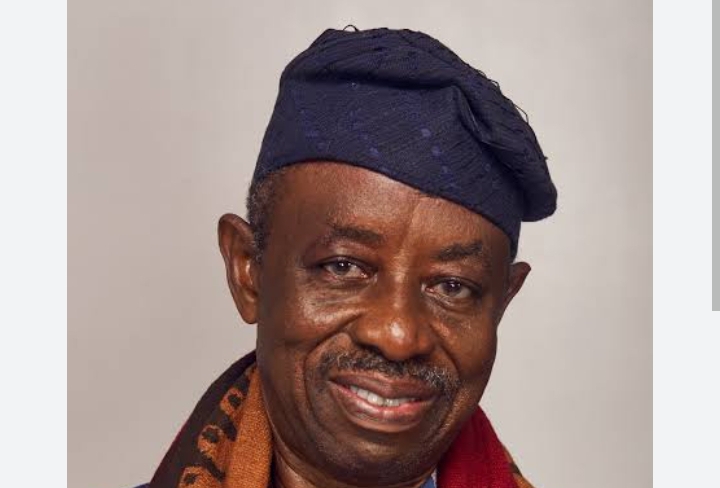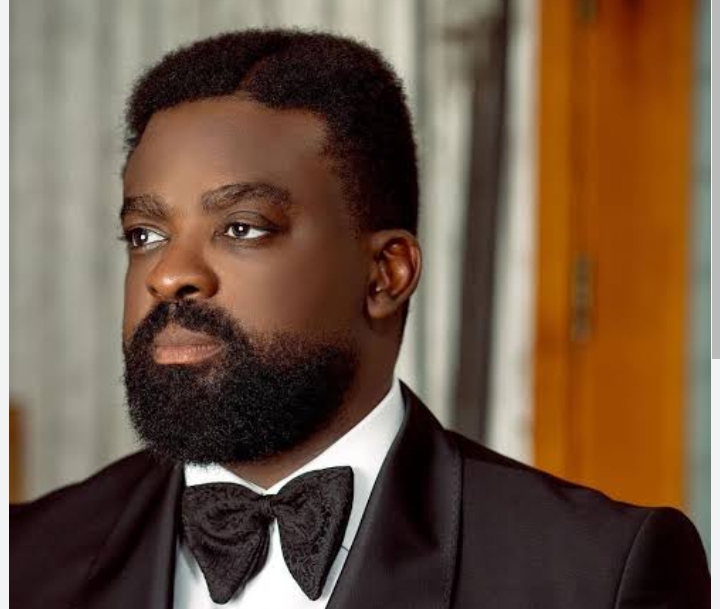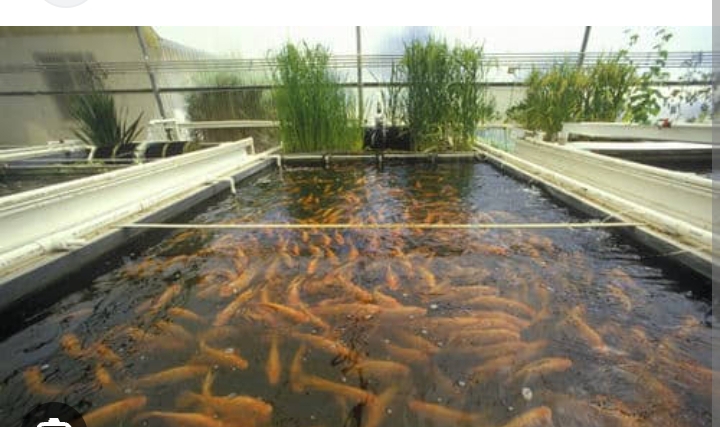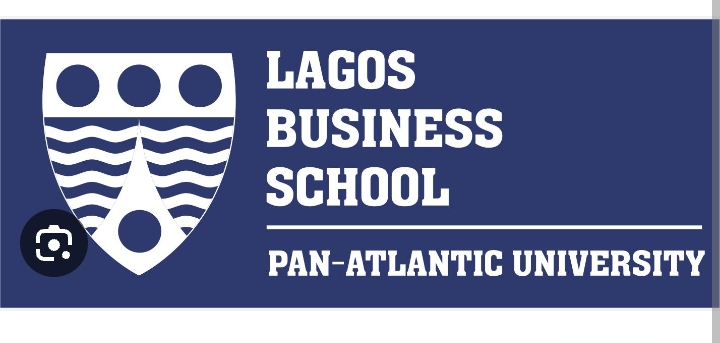Top 10 Nollywood Producers
Nollywood, the Nigerian film industry, has a number of outstanding producers who have made significant contributions to the industry.
Here are 10 notable Nollywood producers, their works, and achievements:
1. Tunde Kelani:
Works: “Saworoide” (1999), “Arugba” (2008), “Dazzling Mirage” (2014)
Achievements: Received numerous awards for his works, including the Africa Movie Academy Award for Best Nigerian Film.
2. Kunle Afolayan:
Works: “The Figurine” (2009), “October 1” (2014), “Mokalik” (2019)
Achievements: Known for his exceptional cinematography and storytelling. His films have won several awards both locally and internationally.
3. Amaka Igwe:
Works: “Rattlesnake” (1995), “Violated” (1996), “Checkmate” (TV series)
Achievements: Pioneered Nollywood television drama with the popular series “Checkmate” and “Fuji House of Commotion.” Received multiple awards for her contributions to the industry.
4. Mahmood Ali-Balogun:
Works: “Tango With Me” (2010), “Temi ni Tie Ko” (2013), “Citation” (2020)
Achievements: Known for his high-quality productions and collaborations with international actors. Received several awards for his films.
5. Emem Isong:
Works: “Reloaded” (2008), “Guilty Pleasures” (2009), “Ayamma” (2016)
Achievements: One of the most successful female producers in Nollywood. Received numerous accolades for her contributions to the industry.
6. Lancelot Oduwa Imasuen:
Works: “Private Sin” (2003), “Games Women Play” (2005), “Adesuwa” (2012)
Achievements: Prolific filmmaker known for his innovative storytelling techniques. Received several awards and nominations for his works.
7. Mildred Okwo:
Works: “The Meeting” (2012), “Surulere” (2017)
Achievements: Known for producing socially relevant films that tackle important issues. Received critical acclaim and awards for her works.
8. Blessing Egbe:
Works: “Two Brides and a Baby” (2011), “Lekki Wives” (TV series), “The Women” (TV series)
Achievements: Renowned for her TV series and films that explore the lives of Nigerian women. Received multiple awards for her contributions to Nollywood.
9. Izu Ojukwu:
Works: “Sitanda” (2006), “76” (2016), “Power of 1” (2018)
Achievements: Known for his visually stunning films that address social and political issues. Received several awards and nominations for his works.
10. Jade Osiberu:
Works: “Isoken” (2017), “Sugar Rush” (2019)
Achievements: Young and talented producer known for her refreshing storytelling style. Her film “Isoken” gained critical acclaim and won multiple awards.
These producers have made remarkable contributions to Nollywood through their works and have played a significant role in the growth and development of the Nigerian film industry.










